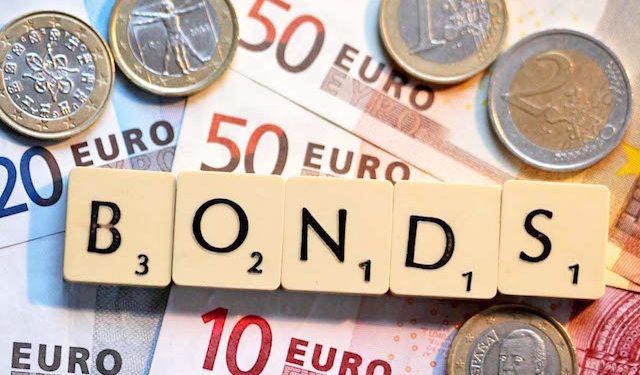Ghana mobilizes $15.5 billion in Eurobond issuance
The country, according to the First Deputy Governor of the Central Bank, Dr Maxwell Opoku-Afari, has mobilized a total of $15.5 billion in the issuance of Eurobonds since it first went to the international capital market in 2007.
Making the assertion during a public lecture at the University of Ghana Business School (UGBS), the First Deputy Governor noted that the accumulation of the long term debt and the country’s reliance on the international capital market is due to the significant decline in Official Development Assistance (ODA).
ODA from bilateral and multilateral sources in the late 1980s and early 2000s, Dr Opoku-Afari notes was a major source of medium- to long-term concessional financing to the country and used to support infrastructure and human capital development as well as balance of payments support.
ODA and donor financing the First Deputy Governor also noted formed a significant part of the country’s total revenue reaching as high as 28.6 percent of total revenue in 2004.
Adding that ODA and donor financing during those period played a catalytic role in promoting private sector-led economic growth and poverty reduction.
The significant reduction in ODA since attaining a lower-middle-income country status, Dr Opoku-Afari says has created a fiscal resource gap, hence the turn to the international capital market to finance infrastructure for development, which the ODAs were mainly used for.
According to the First Deputy Governor, external borrowings from the international capital markets should be strategically invested in infrastructural projects which will yield returns in the long run to support repayment of such loans when they fall due.
“Following the decline in ODAs, Ghana has in recent times relied on the international capital markets to borrow to support its debt management strategy and to close the financing gap from various budgets.
“It is important that such external borrowings from the international capital markets are tied to or targeted at specific infrastructure projects. Ghana has been to the Eurobond market in 2007, 2013-2016 and 2017-2021, having mobilized about US$15.5 billion over the period.
“The long–term nature of these borrowings and its attendant debt implications, require that they are strategically invested in infrastructural projects which will yield returns in the long run to support repayment of such loans when they fall due,” remarked Dr Opoku-Afari.







